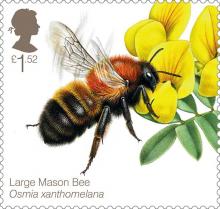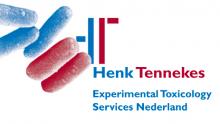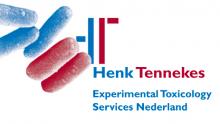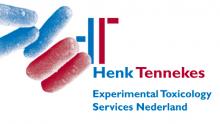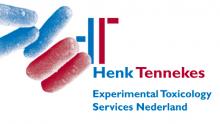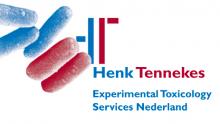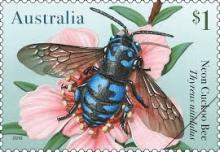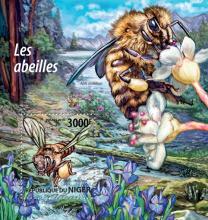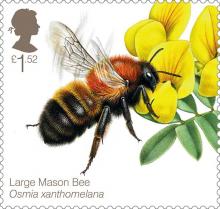Immunosuppression response to thiacloprid in the red mason bee Osmia bicornis
Here we demonstrate for the frst time that field-realistic concentrations of the commonly used neonicotinoid insecticide thiacloprid can severely affect the immunocompetence of Osmia bicornis. In detail, males exposed to thiacloprid solutions of 200 and 555µg/kg showed a reduction in hemocyte density. Moreover, functional aspects of the immune defence - the antimicrobial activity of the hemolymph - were impaired in males. In females, however, only a concentration of 555µg/kg elicited similar immunosuppressive efects.

